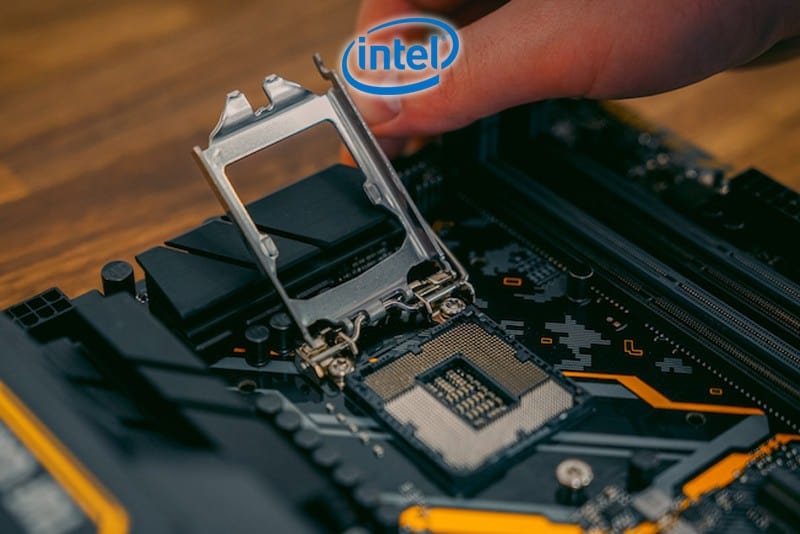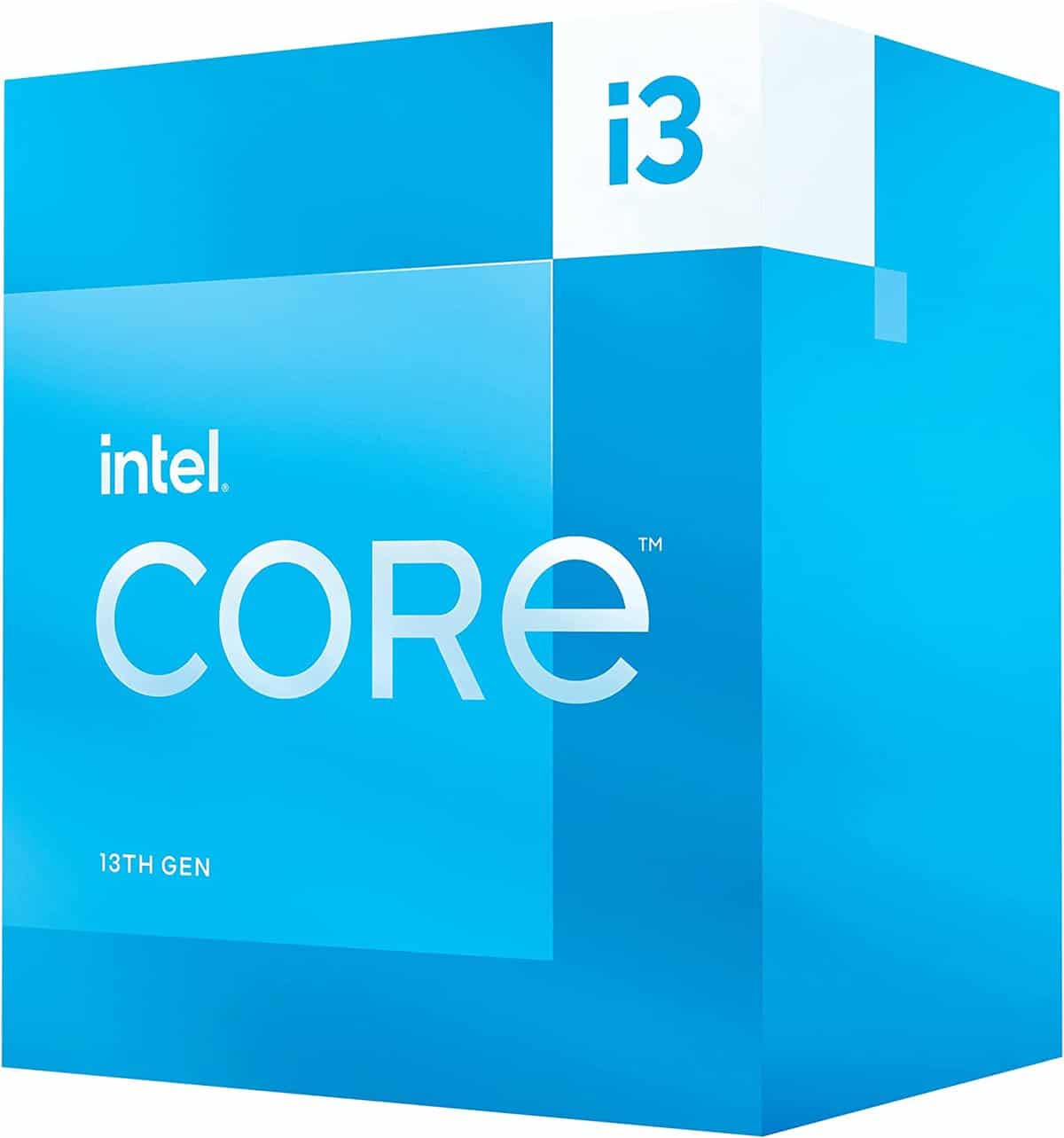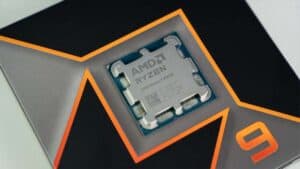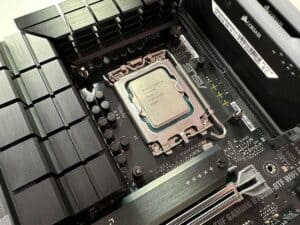Is Intel i3 good for office work?
Intel Core i3 may make it light work

WePC is reader-supported. When you buy through links on our site, we may earn an affiliate commission. Prices subject to change. Learn more
Intel’s i3 lineup is best known for its affordability. Core i3 CPUs are praised for their ability to deliver modern performance while being very budget-friendly.
You may be wondering whether or not the i3 is a good option for office work.
Would it be better to get something more high-end, like an i5 or an i7 – just to be safe? Or perhaps, is it possible to make do with a Pentium or a Celeron processor instead of the i3 and save some more money?
What is Intel i3?
Intel core i3 features Intel’s entry-level consumer-grade processors. They’re inferior to i5, i7, and i9 in raw performance, but they also cost a lot less and give you great value for your money.
However, Core i3 processors are also superior to the Celeron and Pentium processor lineups by Intel.
The newest Intel i3 CPUs have specs that are very close to the ones I’ve listed below:
- 4 cores.
- 8 threads.
- 4GHz+ boost clock.
- 60-watt TDP.
Take the 13th Gen i3-13100 as an example:

Intel Core i3-13100

Brand
Intel
CPU Model
Core i3
Cores (Threads)
4 (8)
CPU Speed
4.5 GHz
CPU Socket
LGA 1151
These specs are a vast generalization, but they should give you an idea of the type of performance an i3 CPU can offer. 4 cores and 8 threads is below average by today’s standards, but it isn’t necessarily underpowered.
It’s just that the thread count for modern CPUs has skyrocketed recently, raising the average to 12 to 16 threads.
An 8-thread processor is still plenty for everyday tasks. What about office work, in particular, though?
Do you need a strong processor for office work?
What office work actually constitutes can vary based on the position you’re in, but it generally involves tasks such as creating or managing documents and spreadsheets, sending emails, communicating via project management software, and scheduling meetings. I’m sure you get the idea.
These are all very light tasks. If you think about it, you can do the above tasks on a smartphone from a decade ago. And smartphones have pretty weak processors when compared to PCs.
An Intel i3 CPU is more than enough to carry out office work. But then, that begs the question: wouldn’t it be better to go with a Pentium or Celeron computer to save even more money?
Pentium and Celeron laptops are cheaper than ones equipped with core i3, but only marginally.
The thing is: Core i3 offers you the best value for money. You would lose a ton of performance by downgrading from i3 to Pentium or Celeron for very little money saved.
Most Pentium and Celeron processors have a meager 2 to 4 threads. With 8 threads, an i3 CPU allows you to multitask while carrying out office work.
You’ll be able to run programs in the background and have more tabs open simultaneously. Moving and managing large files will be quicker. If that helps you be more productive, going with the i3 is a no-brainer.
And, as a nice bonus, an i3 will let you game on the side, should you ever feel like it.
I would advise going with Celeron or Pentium only if you’re on a very strict budget.











